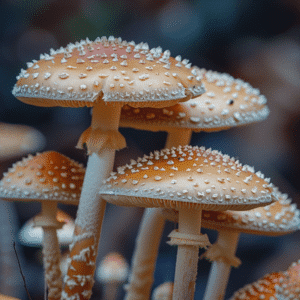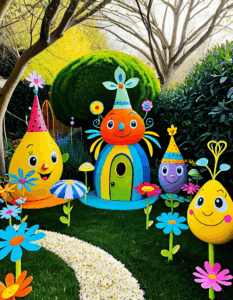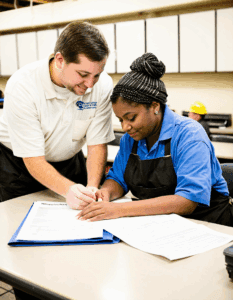Obsessive-Compulsive Disorder (OCD) is a mental health condition that manifests in disruptive and persistent, unwanted thoughts (obsessions) alongside repetitive actions (compulsions) that a person feels compelled to execute. Putting it simply, OCD can feel like being trapped in a whirlwind of thoughts and actions that don’t make sense but feel incredibly real. While some individuals may only face mild discomfort in their daily routines, others can feel completely overwhelmed, resulting in significant distress and impairment in their daily lives.
So, what is obsessive compulsive disorder really like? For many, it is a cycle of constant worry paired with compulsive behaviors aimed at alleviating that worry. Picture someone who obsessively fears germs. They might wash their hands so often that it leads to raw skin—yet the anxiety doesn’t go away. Research even hints that OCD might have a genetic element, influenced by environmental factors like stress, meaning that treatment must often be approached from multiple angles.
You might wonder how OCD relates to broader mental health issues. This condition can often accompany others such as depression and anxiety, each exacerbating the symptoms of the other. This emphasizes the need for effective treatment strategies that address the multifaceted nature of mental health challenges. Understanding the Signs Of stress can also shed light on how OCD affects daily life and relationships.
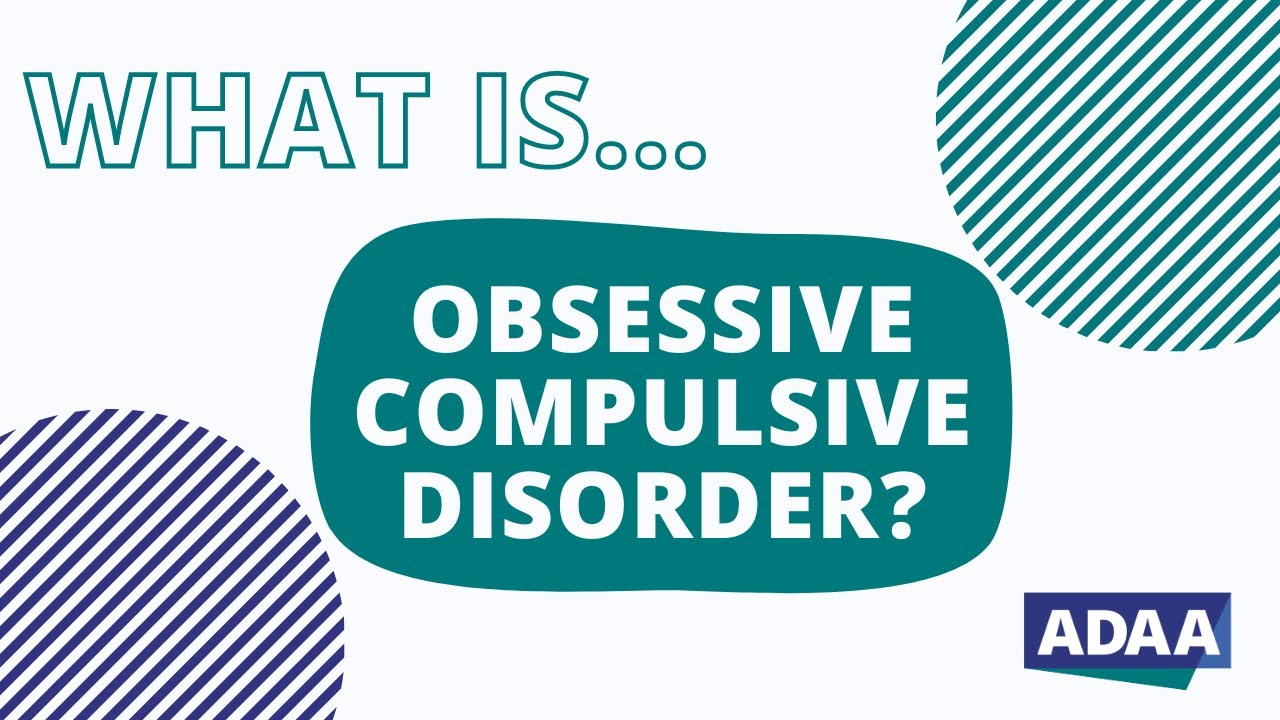
Top 7 Intricate Thoughts Associated with Obsessive Compulsive Disorder
1. Fear of Harm Coming to Loved Ones
Many individuals living with OCD might constantly worry about the safety of their family members. Fear can manifest through compulsive behaviors—like double-checking locks or avoiding particular activities—because they feel that not doing so could lead to dire consequences. This mindset can be incredibly exhausting as they replay scenarios over and over in their minds.
2. Unwanted Sexual Thoughts
Intrusive sexual thoughts can feel contradictory to one’s values, leading to intense distress. People coping with this aspect of OCD may cultivate compulsive behaviors like seeking constant reassurance or avoiding triggers altogether. Understanding this can help humanize the struggle they endure daily.
3. Fear of Losing Control
The overwhelming fear of losing control—whether by harming oneself or others—can drive individuals to engage in various rituals. These rituals may offer temporary reprieve but make living a fulfilling life feel like a dream just out of reach. The mental energy spent on these compulsions can be staggering, leading to chronic fatigue.
4. Relationship Anxiety
Many with OCD tend to obsess over their romantic relationships. They might question their feelings or commitment, leading to the compulsion of seeking reassurance from partners or analyzing past interactions just to quell the self-doubt. This often leaves them feeling emotionally drained and uncertain.
5. Superstitions and Magical Thinking
Some might believe that certain actions can alter their fate. For instance, they may feel compelled to step through a doorway in a specific way, otherwise believing they could encounter misfortune. This can create a system of behaviors that seems illogical but is often profoundly ingrained.
6. Hoarding or Compulsive Collecting
OCD might lead a person to struggle with letting go of possessions, holding on to items out of irrational beliefs that they may be needed someday. This issue can create clutter and distress, making daily functioning feel challenging. It’s a struggle that many people might not understand, which adds to the isolation.
7. Perfectionism and Orderliness
Perfectionistic tendencies can become a hallmark of OCD. Individuals often feel the compulsion to organize or redo tasks to meet unattainably high standards. They might rewrite entire assignments because they believe anything less than perfect is an absolute failure, trapping them in a relentless loop of dissatisfaction.

The Intersection of Depression and OCD: What Does Depression Feel Like?
Research shows that it isn’t unusual for individuals dealing with OCD to also face depression. The overlapping symptoms can create a vicious cycle, with the compulsions providing temporary relief but never addressing the underlying sadness. So, what does depression feel like in this context? Many describe it as a suffocating presence—one that lingers and casts a shadow over daily life, overshadowed by feelings of hopelessness.
Coping with both OCD and depression presents significant challenges. Someone may find themselves overwhelmed by compulsive behaviors that only serve to amplify their feelings of despair. This layered emotional landscape requires a nuanced approach to treatment, addressing both conditions simultaneously for lasting relief.
Understanding this intersection can help pave the way for tailored support. It allows us to empathize and provide educated approaches for families impacted by such disorders, echoing the experiences of public figures like John David washington and Elizabeth Vargas, who openly discuss their battles with mental health to inspire others.
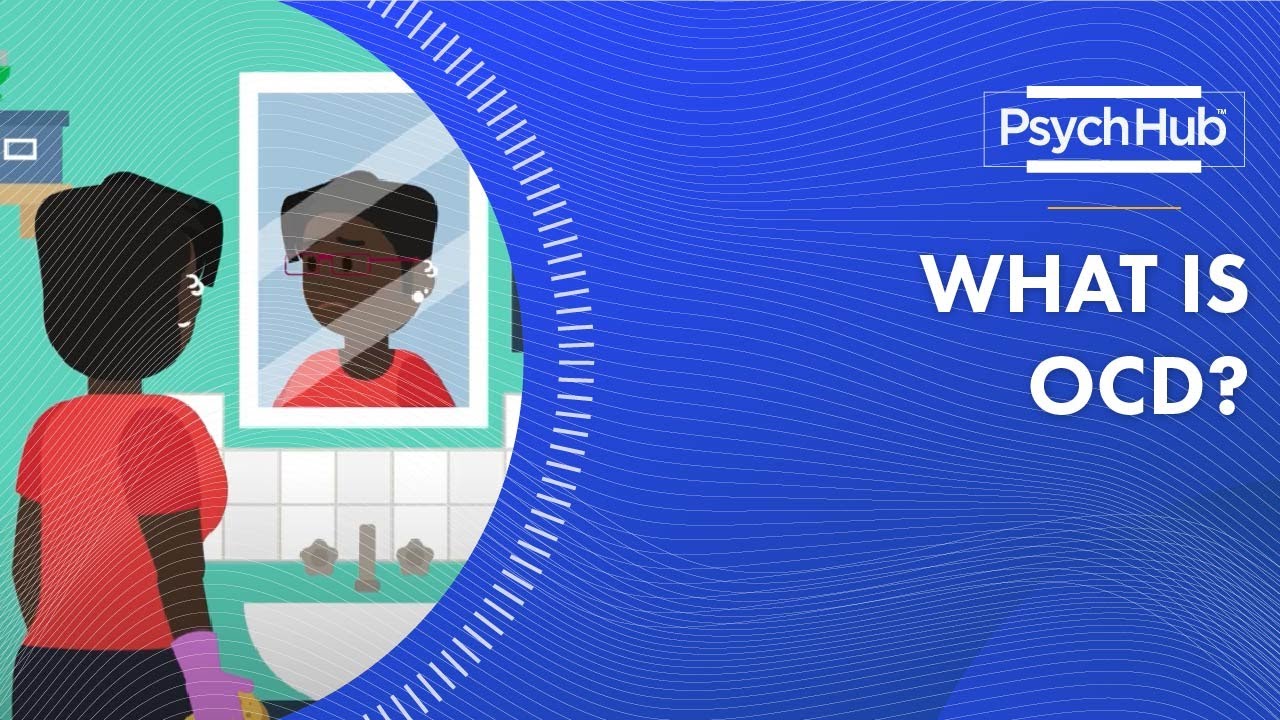
Exploring Additional Mental Health Conditions: What Schizophrenia Is What?
While it’s crucial to understand what is obsessive compulsive disorder, it’s equally important to distinguish it from conditions like schizophrenia. Unlike OCD, where the individual recognizes that their intrusive thoughts are irrational, those with schizophrenia may not perceive their hallucinations or delusions as unreal. This distinction highlights the necessity of appropriate diagnoses to get the right treatment.
Mental health relies on understanding various conditions that can complicate or overlap with OCD. From anxiety disorders to more severe issues, shedding light on these complexities helps families and individuals better navigate their journeys toward mental well-being.

The Hidden Dangers: What is a Dangerous PSA Level?
Venturing a bit off the usual topic, we find that health concerns can intersect with mental health. For instance, discussions around prostate-specific antigen (PSA) levels might seem unrelated but can introduce unwarranted stress for individuals who already live with obsessive thoughts around health. Understanding what is a dangerous PSA level and the implications surrounding it is important for those coping with similar anxieties.
Bringing it back to compassion, a holistic approach considers these overlapping fears in mental health, recognizing that anxiety often spares no category of life. Addressing emotional turmoil in these areas may lead to improved mental health outcomes and a better quality of life.
Embracing New Perspectives on OCD and Mental Health
By weaving together deeper understanding and insightful conversations about OCD and its associated conditions, we open doors to healing. Empathy stands at the forefront of this discussion—a powerful tool in breaking stigma. Let’s remember that promoting awareness and providing resources are critical pillars in supporting recovery and resilience.
As we work to articulate the narratives surrounding OCD, let’s strive to create a supportive environment. We owe it to our loved ones—inspired by the struggles faced by public figures like Shae Summers and their challengers—to advocate for a clearer understanding of mental health to support those grappling with these complex issues.
By continuing to foster these conversations, we can collectively work towards recovery, understanding, and ultimately, a healthier perception of mental health. For parents dealing with a child’s addiction—whether stemming from OCD or other pressures—the support of organizations like Mothers Against Addiction can provide the necessary resources and a compassionate haven for growth and healing.
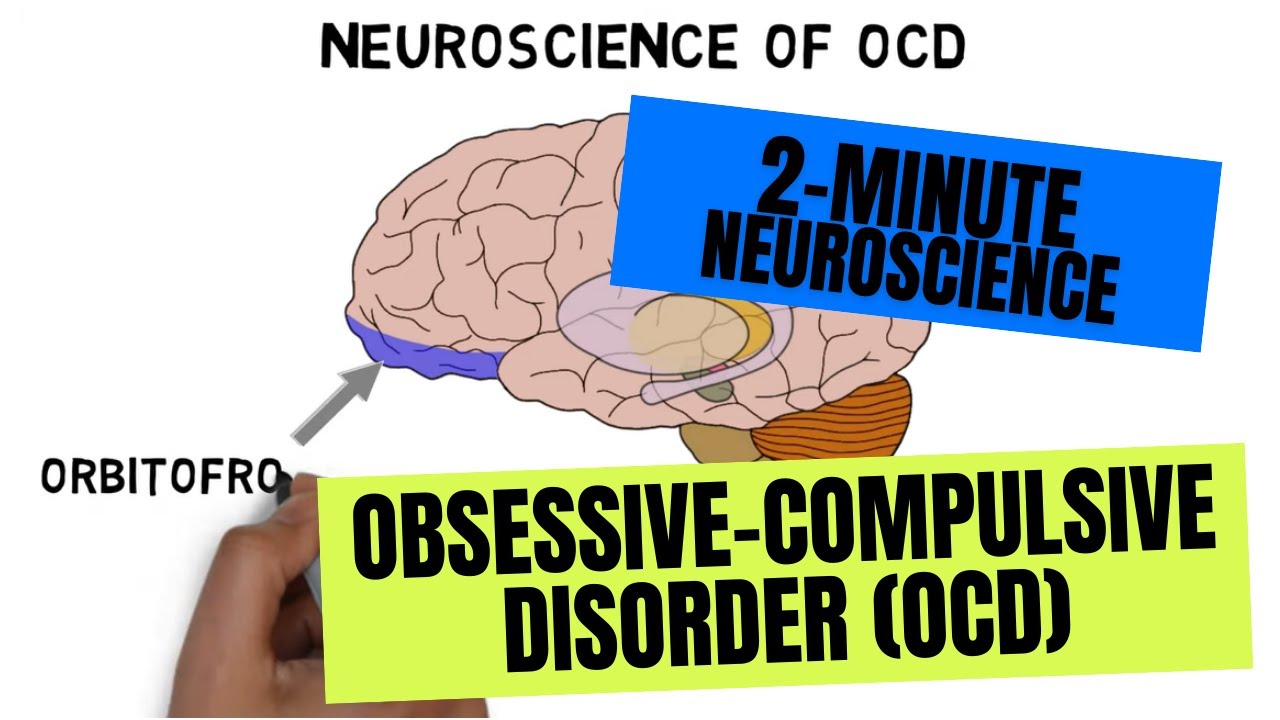
What Is Obsessive Compulsive Disorder?
Obsessive Compulsive Disorder (OCD) isn’t just about being a neat freak or needing everything in order; it involves persistent, unwanted thoughts (called obsessions) and repetitive behaviors (compulsions) that individuals often feel driven to perform. Interestingly, it affects about 1 in 100 adults in the U.S., but here’s the kicker—many people don’t even realize they have it! It can lead to some pretty intense anxiety, making everyday life feel like a struggle. And while you may think it only affects adults, kids can also grapple with OCD. So, what is obsessive compulsive disorder? Well, it’s more prevalent than one might assume!
In exploring the broader mental health landscape, it’s fascinating to note how OCD can often occur alongside other conditions. For example, there’s a notable overlap between OCD and episodes of mania, as discussed in resources like What Is a manic episode. Individuals battling both issues face unique challenges, making their journeys even more intricate. Yet another layer of complexity arises when considering comorbid conditions, much like the complications surrounding whether can mono kill You. This just shows how interconnected various mental health issues can be!
Now, you might be wondering how families cope with the impact of OCD. Just like dealing with financial pressures where finding best home Refinancing rates can play a crucial role in alleviating stress, families often seek professional help to navigate OCD’s challenges. In fact, some therapeutic approaches can be as impactful as getting iv Fluids for hydration—they both aim to restore balance! As with any shared journey, many find strength in community support, much akin to how shows like manhunt cast resonate with viewers for their gripping storytelling. Everyone has their own battle, and understanding what is obsessive compulsive disorder can pave the path toward healing together.











